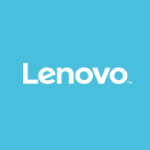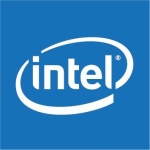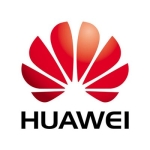What is most valuable?
I think the most valuable features are the CPU version which is very advanced, and the machine itself is very reliable in terms of how long we can use the hardware. Some of our customers are using it for five years, six years without the need to even replace a single part or use the service from HPE.
HPE is expanding the CPU very quickly, like every few months you get a new CPU and new technology in the field. That's very good for us because we can give our customers a very advanced server. Every three to six months we can upgrade their server if they like; or if we need to upgrade it in terms of using a stronger server such as more cores, etc.
How has it helped my organization?
We are using, in Israel, a company called Arrow to distribute, and they are very very good for shipping, packaging, in replacing the front panel. They work on HPE a lot. They are doing it very quickly, they distribute it very quickly.
What needs improvement?
I think that for us, we have is what we need. I'm not sure that we would like to see any new advanced features because we're not using such advanced features. I'm sure there's always places to improve but we are not using all of the advanced features that are in HPE.
Perhaps the one thing is support globally, or distribution globally. Today we distribute in the United States and, over there, we have a center that can distribute for us, but I don't think they have such in the Eastern part of the world. So that could be an area for improvement.
What do I think about the stability of the solution?
Stability is very high. We have not needed to refer to the warranty, during the three years that we got. Sometimes customers hold their products for five, six years without the need to use any of the warranty or services, so that's very reliable for use.
Buyer's Guide
HPE ProLiant DL Servers
December 2025
Learn what your peers think about HPE ProLiant DL Servers. Get advice and tips from experienced pros sharing their opinions. Updated: December 2025.
879,425 professionals have used our research since 2012.
What do I think about the scalability of the solution?
I can tell you that through the years we definitely wanted to upgrade the servers, scale them up in terms of replacing CPU or even adding CPU for some of the servers that use one CPU, or RAM, or disks. We haven't had any trouble with that. That has been very easy.
How are customer service and support?
I use technical support from time to time. It's very easy to open a case, very quick response and, most of the time, the first response that we are receiving solves the problem. We aren't getting into long discussions or things like that.
We have Hebrew customer support, actually.
Which solution did I use previously and why did I switch?
We used Dell and it wasn't as fast and accurate.
How was the initial setup?
Very straightforward. Today, you have built-in the option to use SmartStart so it's very easy to set up the first time. It's very intuitive. For us, once again, that's very important.
Which other solutions did I evaluate?
We always look at other vendors, Dell, IBM. Right now we are checking into the option to buy storage so we are looking to, of course, 3PAR versus NetApp and EMC.
What other advice do I have?
I think that the most important thing that you need to look at is a company that will give them end to end support. HPE does that.
Disclosure: My company does not have a business relationship with this vendor other than being a customer.










